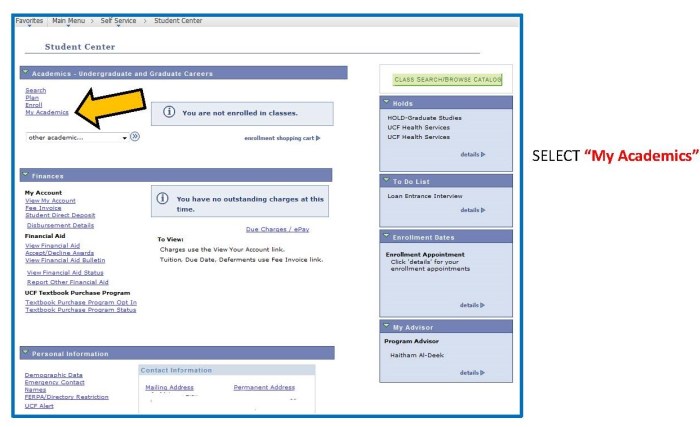Financial Auditing, Auditing masters degree
- Advantages: In-depth knowledge of financial reporting and auditing standards, high demand in the job market, career opportunities in public accounting firms, corporations, and government agencies.
- Disadvantages: May require additional certifications (e.g., CPA), focus primarily on financial aspects of auditing.
- Career Applications: Auditor, Senior Auditor, Financial Analyst, Controller.
Operational Auditing
- Advantages: Focus on evaluating internal controls and operational efficiency, growing demand in industries such as healthcare, manufacturing, and government, career opportunities in internal audit departments.
- Disadvantages: May require specialized knowledge of specific industries, less demand compared to financial auditing.
- Career Applications: Internal Auditor, Operational Risk Manager, Compliance Officer.
Forensic Accounting
- Advantages: Combines accounting knowledge with investigative skills, high demand in fraud detection and prevention, career opportunities in law enforcement, government agencies, and private investigation firms.
- Disadvantages: Requires specialized training and certification, may involve stressful and sensitive cases.
- Career Applications: Forensic Accountant, Fraud Examiner, Anti-Money Laundering Analyst.
Information Systems Auditing
- Advantages: Focus on auditing information systems and technologies, growing demand in the digital age, career opportunities in IT audit departments and cybersecurity firms.
- Disadvantages: Requires strong technical skills, may limit career opportunities to the IT sector.
- Career Applications: IT Auditor, Cybersecurity Auditor, Risk Management Consultant.
Other Specializations
In addition to these common specializations, some master’s programs also offer specialized concentrations such as:
- Government Auditing
- Healthcare Auditing
- Nonprofit Auditing
The choice of specialization or concentration depends on individual career goals and interests. It’s important to research different options and consult with faculty or industry professionals to make an informed decision.
Research and Innovation

Research and innovation play a crucial role in advancing the field of auditing. An auditing master’s degree program provides opportunities for students to engage in research and contribute to the development of new auditing techniques and approaches.
Recent Advancements and Innovations in Auditing
Recent advancements and innovations in auditing include:
- Data analytics and artificial intelligence: Leveraging data analytics and AI to enhance audit efficiency and effectiveness.
- Continuous auditing: Real-time monitoring of financial transactions to identify risks and improve control.
- Blockchain technology: Utilizing blockchain to enhance auditability and transparency of financial records.
By embracing research and innovation, auditors can stay abreast of the latest developments and contribute to the advancement of the profession.
Final Wrap-Up
An auditing master’s degree is an investment in your future. It provides you with the tools, knowledge, and expertise to excel in the dynamic field of auditing. Embrace the opportunity to advance your career, contribute to the integrity of financial reporting, and make a meaningful impact on organizations.





